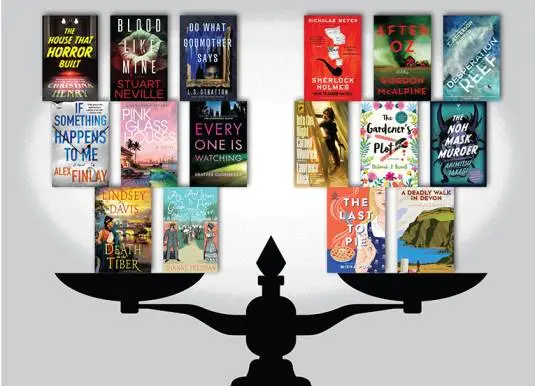Considering the American Voice

Irving Howe wrote for the Book Review about American literature — “moving from visions to problems, from ecstasy to trouble, from self to society” — on July 4, 1976. “Land of the free? Yes, but also home of the exploited.”
Our literature is incorrigibly romantic. So it has always been: so, in darker ways, it seems likely to remain. It is a romanticism somewhat different from its European sources, for it proposes what no European imagination ever could — an end-run past history, into the freedom of unconditioned selfhood, or in its more moderate versions, into a mini-utopia of friends. That illusion burst, our writers fall hack on bleakness of spirit, soreness of heart. In their greatest work, however, they hold together hope and disenchantment, vision and collapse.
Visions of absolute selfhood and unconditioned freedom do, in fact, dominate 19th-century American literature, but much of its strength comes from a recognition of how unlikely, limiting and even insufficient such visions turn out to be. You can’t keep Huck and Jim on that raft forever, and once they leave it, they must confront the brutalities of society. Especially the horrors of slavery in the land of Washington and Jefferson. For a good many of our writers, slavery seems the ultimate mockery of our native pretensions, blotting all our moral claims.
If a glance at our public life today is likely to fill one with despair or disgust, there is pleasure to be had from recalling that we are the grandchildren of Emerson, the raftmates of Twain, the friends of Fitzgerald. I myself would like to fancy that by some turn of history I could regard myself as distant cousin, on the socially less distinguished side, of Herman Melville — that wonderful writer who celebrated the fraternity of all human beings on American earth.
Read the rest of the essay.




